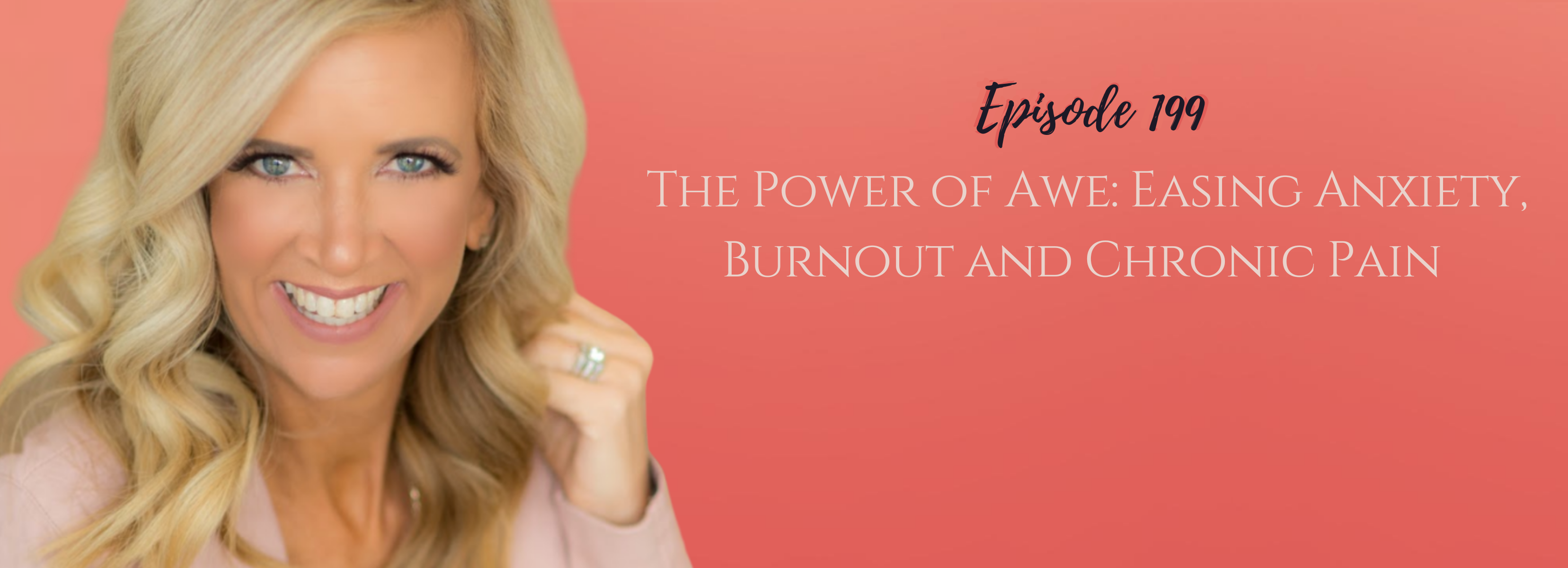
The Power of Awe: Easing Anxiety, Burnout and Chronic Pain with Jake Eagle, LPC| 2.9.2023
In this episode, Kristen talks with Jake Eagle, a former psychotherapist for 27 years and now a meta-therapist and co-author of “The Power of Awe, about how accessing flow and the emotion of awe help reduce chronic pain, stress, loneliness, depression and anxiety.
You'll Learn
- What is the A.W.E method and how it was developed
- What are the different levels of consciousness
- How mindfulness helps achieve a higher level of consciousness
Resources
For counseling services near Indianapolis, IN, visit www.pathwaystohealingcounseling.com.
Subscribe and Get a free 5-day journal at www.kristendboice.com/freeresources to begin closing the chapter on what doesn’t serve you and open the door to the real you.
Subscribe to the Close the Chapter YouTube Channel
This information is being provided to you for educational and informational purposes only. It is being provided to you to educate you about ideas on stress management and as a self-help tool for your own use. It is not psychotherapy/counseling in any form.